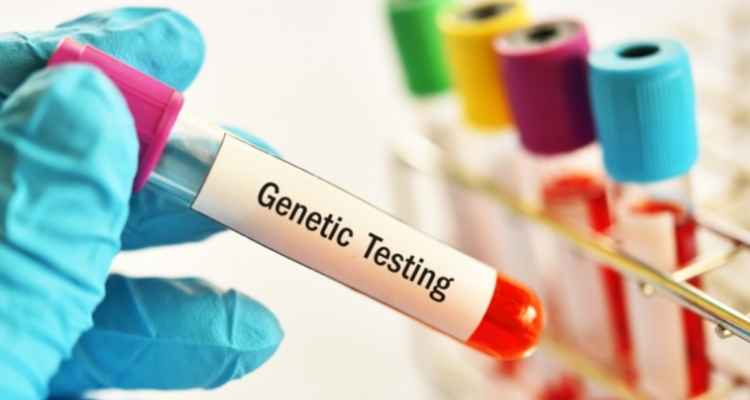The decision to have a baby is one of the beautiful choices that one may make in life. Today, couples can have genetic testing in Winter Park to identify the gene mutation that may cause the baby to have a genetic disorder such as sickle cell anemia. Genetic testing can also be used to identify inherited genetic mutation that puts you at risk of breast cancer. Here is how you can prepare for genetic testing.
How to prepare for a genetic testing
Before a genetic test, you should gather as much information as possible about your family’s medical history. You may need to write down a list of relatives and develop a family tree that may help you identify cancer cases or an inherited mutation in either side of your family. Preparation is vital to ensure you get the most out of a consultation.
Informing your family members about your decision to get a genetic test is important as the results may impact them. An initial discussion may give you an insight into your family’s reaction and how they might react to the results. Checking with your insurance should be part of your preparation process, as genetic tests are usually costly.
Diagnostic testing
This type of test confirms or rules out a suspected genetic or chromosomal condition such as cystic fibroids and Huntington’s disease. There are people with genes and genetic conditions that may not benefit from diagnostic testing. Your specialist may recommend this test before birth to identify any hereditary conditions in the fetus or during any point of a person’s life. In most cases, the results influence a person’s choice of health care and ways to manage the disorder.
Newborn screening
Newborn screening is the most common type of genetic testing used just after birth. All states in America require newborn screening to identify any congenital abnormalities treated during onset stages. By screening your child, the doctor has a chance to rule out 35 possible health risks, including hypothyroidism, sickle cell anemia, or phenylketonuria (PKU). This type of genetic testing allows babies to begin treatment right away and prevents complications in the future.
Prenatal testing
Prenatal testing is used during pregnancy to check for abnormalities in your baby’s genes or chromosomes before birth. Your specialist may recommend this test if the baby is at risk of genetic disorders, including down syndrome and trisomy 18 syndromes. Although this test cannot identify all congenital disabilities and inherited diseases, most women go for prenatal testing to avoid uncertainties during pregnancy. The test may also help a couple make decisions about pregnancy.
Carrier testing
People with a family history of genetic disorders such as sickle cell anemia may choose to have this type of test before conceiving. Carrier testing is offered to individuals from certain ethnic groups who have an increased risk of certain genetic conditions. Positive results from both individuals may indicate a couple’s risk of having a child with a genetic disorder.
Whether you are pregnant or planning to have a baby, genetic testing may help reduce any uncertainties that you may have. To learn more about genetic testing, book an appointment with your doctor at the Center for Reproductive Medicine.

